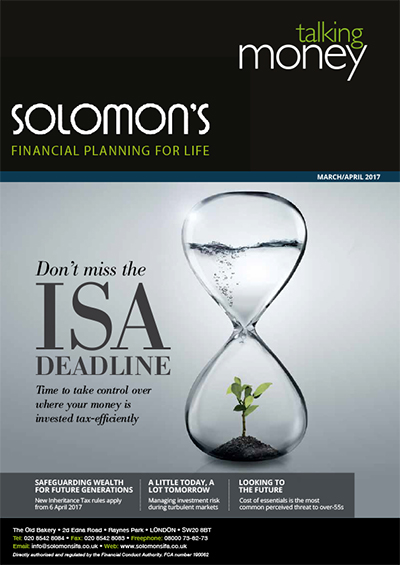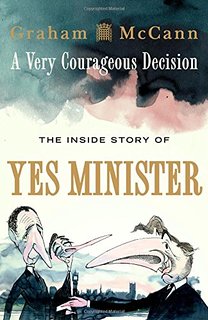If Carlsberg made politicians
If Carlsberg made politicians
… they wouldn’t look much like the current bunch. As I write, it’s Monday morning, a new day, new week, new Chancellor and the continued conversation around whether the current Prime Minister is (or ever was) fit for purpose. The new Chancellor was handed the ultimate hospital pass and elected to pretty much shred his predecessor’s “mini budget”. Most people have an opinion on this and I’m going to make the wild assumption that you will have yours already.
So what has changed? The underlying problems that all countries have is income versus spending, this sounds familiar to anyone who has a financial plan. The only real difference is that a country doesn’t have an expiry date … at least in the normal course of life, and barring the ultimate catastrophe, we expect our nation to continue into the future, well beyond ourselves. As a result, money needs to last and debts ultimately need to be repaid or at least sustained.
So where are we in terms of your tax … essentially where we were a few months ago. Some rising taxes (full details yet to be released) and rising inflation, though hopefully this will begin to abate due to the recent interest rate rises, but we aren’t through the woods yet.
The supply chain problems caused by Brexit, the pandemic and a war in Ukraine have all pushed prices up and delayed delivery of many goods. The knock-on effects are significant and particularly to Britain, who deliberately decided to end global trade agreements and still do not have one with the United States.
Price rises lead to pressure on personal spending, savings levels tend to fall (hence interest rates are increased to encourage saving and reduce spending). Businesses face a cycle of holding off rises whilst trying to remain competitive but facing serious challenges on most fronts, from the very basic ‘heating the building’ to agreeing international contracts where the pound is ‘precarious’. We have been here before and there are always casualties. What has vexed (and angered) markets recently in particular has been the unwillingness to state assumptions in the plan.
Your financial plan always needs to be adaptable. We review this together every year. Perhaps some changes need to be made, but remember that your portfolio is global and not UK centric. The UK stock market is about 6% of the global market. So, let’s keep things in proportion. The problems are not unique to the UK (except Brexit). Facing problems is always better than ignoring them.
It would seem likely that 2022 will be one of those negative years for markets. The brave see this as an opportunity to buy cheaply; the nervous panic and sell. Those with a long-term mindset know this truth but how it is felt is always a challenge to our nervous system. Those with the best financial planning are those that adapt in the short term but stick to the long-term plan, for probably the best planning in the world …
You can read more articles about Pensions, Wealth Management, Retirement, Investments, Financial Planning and Estate Planning on my blog which gets updated every week. If you would like to talk to me about your personal wealth planning and how we can make you stay wealthier for longer then please get in touch by calling 08000 736 273 or email info@solomonsifa.co.uk











